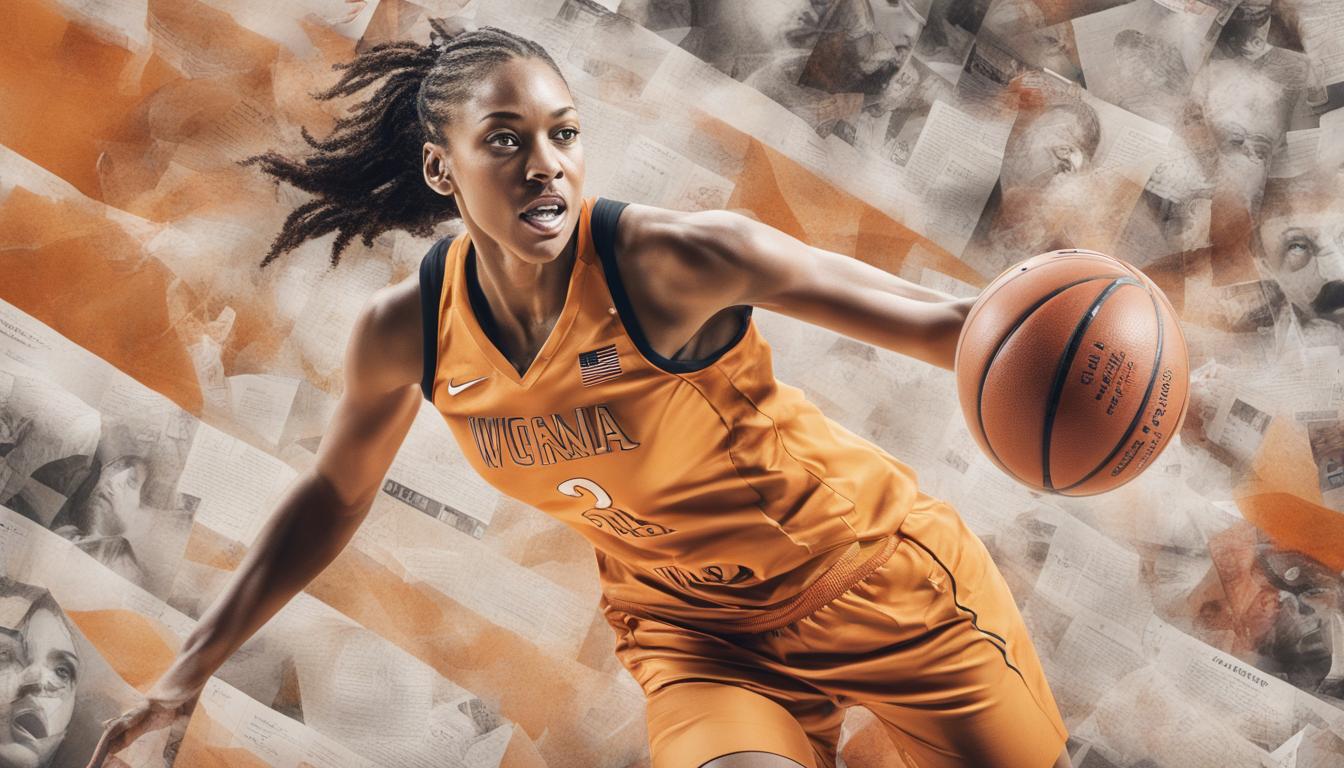Caitlin Clark’s significant Nike endorsement deal highlights the ongoing conversation about racial disparities and double standards in the recognition and financial compensation of athletes in professional sports.
Caitlin Clark, a rookie in the Women’s National Basketball Association (WNBA), has catalyzed discussions on racial disparities and double standards within professional sports. These debates have intensified given the contrasting levels of recognition and endorsement opportunities bestowed upon athletes of different races.
A’ja Wilson, a prominent player for the Las Vegas Aces, has publicly voiced her concerns about the inequities that Black women face in sports, particularly in comparison to their white peers. Wilson’s comments highlight a broader discussion about the systemic biases present in sports media coverage and financial compensation through endorsements.
Clark, who has often been compared to NBA legend Larry Bird, is stepping into the WNBA with a significant endorsement deal from Nike, reportedly worth $28 million over eight years. This deal not only underscores her emerging status in the sport but also accentuates the disparities faced by Black athletes, who may not receive similar lucrative offers.
The dialogue surrounding Clark continues to grow as she prepares for her WNBA debut, with experts and commentators like sports historian Victoria Jackson emphasizing the need for an open discussion about achieving equity across all athletes regardless of their race. The scrutiny of Clark’s endorsements and the media’s portrayal of her sheds light on the ongoing issues of racial inequality in professional sports.













